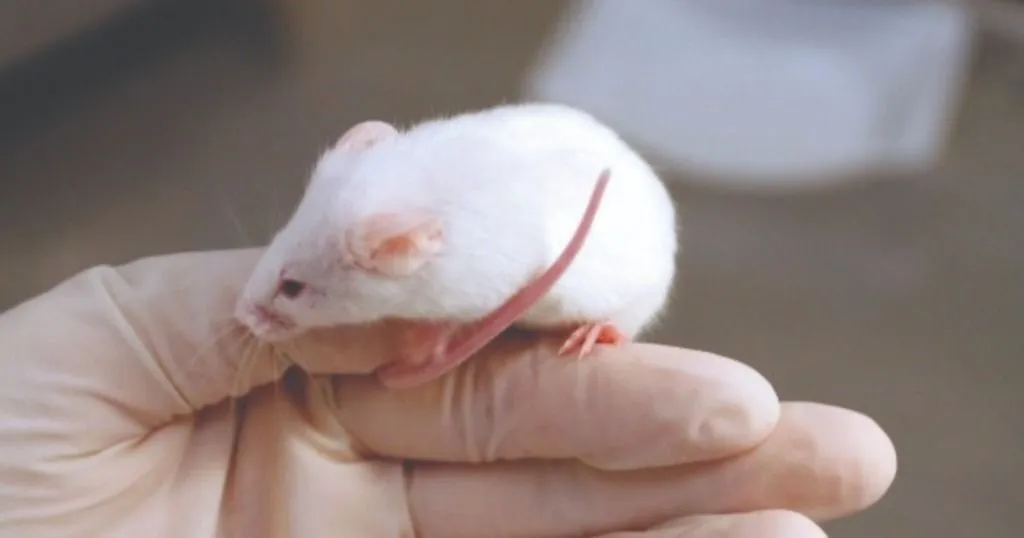The effects of parasitic infections on learning and memory in mice
Worm infections can cause cognitive problems. But it’s unclear if it affects learning, memory, or both.
Posted by
Published on
Wed 30 May. 2018
Topics

Worm infection
Hookworm infection is an infection in the intestine by parasites. Aside from abdominal pain and other physical discomforts, it also causes cognitive problems. It is also still endemic in developing countries.
Cognitive impairments
Although impaired cognition as a result of parasitic infections has been widely reported, it is unclear specifically what kind of cognition is affected and how. Dr. Brombacher and her colleagues from the International Centre for Genetic Engineering and Biotechnology in Cape Town, South Africa, set out to investigate.
Testing worm infection on mice
The effect of worm infection was tested using a mouse model. In this case, mice were infected with N. brasiliensis, a roundworm with a life cycle similar to human hookworms. The researchers used a Morris water maze test and EthoVision XT video tracking software to assess mouse behavior as well as learning and memory capabilities.
Morris water maze testing
The Morris water maze task was used to test learning and memory, but the authors used additional parameters to measure general activity and anxiety.
The learning phase
Mouse cognition was tested over a period of eight days. The first four days were used as an acquisition phase in which the mice learned to locate the platform hidden just beneath the surface of the water. A light was used as a distal navigational cue. This is because the balb/c mice subjects had poor vision, but were able to clearly distinguish light from dark.
To rule out any bias due to differences in locomotor abilities caused by the infection, velocity and distance swum were compared between the mice. No differences were found, so worm infection did not seem to affect locomotion or activity.
Mice infected with roundworm performed just as well as the other mice, indicating that learning itself was not affected.
Reference memory phase
Reference memory was tested using a probe trial without the platform on day five. Infected mice spent less time swimming over the area where the platform was previously located, so memory did seem to be affected by the infection.
To make sure this effect was not caused by anxiety, scientists measured how often the mice swam near the edges, froze in response to stimuli, and were rendered immobile. No differences were found, so it seems that the roundworm infection impaired the subjects’ reference memory.
Complex learning phase
During a reversal phase on days six and seven, the mice were trained using the platform located at the opposite quadrant. On day eight, the platform was moved again, but stayed visible during the test. These phases were used to test more complex learning, and again, there were no differences between the infected and non-infected mice.
Disrupted memory consolidation
While the infection did not affect learning significantly, it did disrupt memory consolidation. To further investigate this, the number of macrophages and microglia in the hippocampi of the mice were counted. These increased in number in the infected mice, which might explain the interference of optimal reference memory.
References
- Brombacher, T. M.; De Gouveia, K. S.; Cruywagen, L.; Makena, N.; Booley, F.; Tamgue, O.; Brombacher, F. (2018). Nippostrongylus brasiliensis infection leads to impaired reference memory and myeloid cell interference. Scientific Reports, 8, 2958.
- Read about Morris water maze testing with EthoVision XT.
Related Posts

How we turned our office into a living lab with a green roof

Ladybugs and lacewings do not spy on their prey’s alarm pheromone

